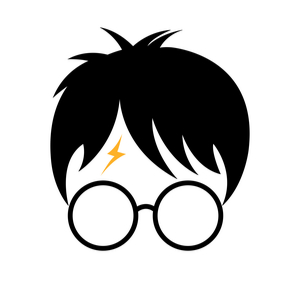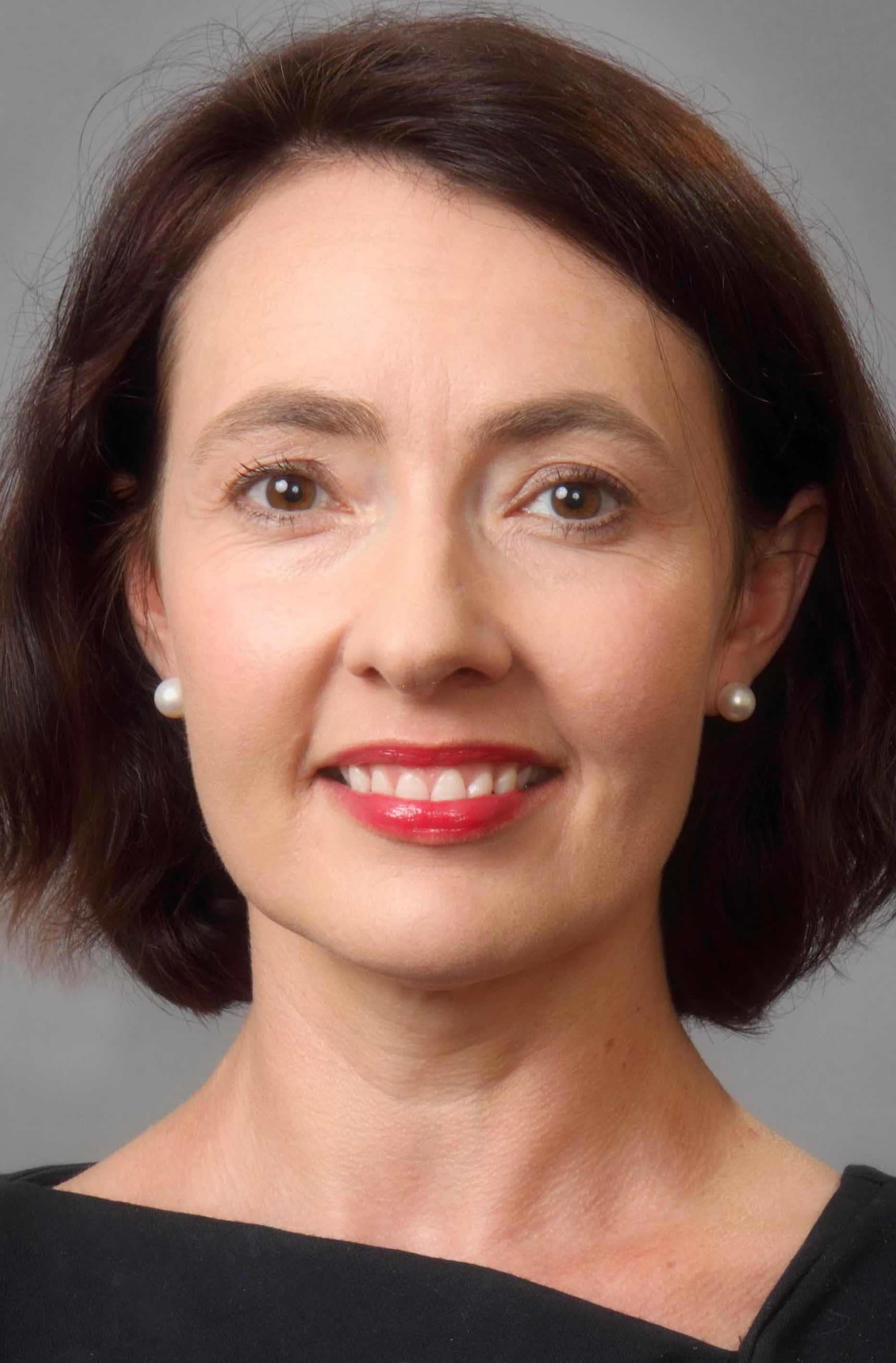What American legal education can learn from the 'Harry Potter' series

Image from Shutterstock.com.
I’m sitting in my law school office daydreaming about the Hogwarts School of Witchcraft and Wizardry and I’m working on pedagogy, not fantasy.
Published just over 20 years ago, the Harry Potter books captivated children and adults alike, with dramatic storylines, imaginative characters and even moral lessons about courage and self-determination. But the fictional world of Harry Potter may also have some useful insight for law schools and those of us who teach in them.
Both legal education and a Hogwarts magical education involve a new way of seeing the world—an immersive and intense process requiring, in many ways, a transformation. Students need a new wardrobe for both law school and wizarding school—and an awful lot of puzzling and expensive textbooks. Both Hogwarts and law school have been accused of operating entirely apart from reality. One of these criticisms may be valid.
Broadly speaking, the pedagogical goals of legal education and practical education are the same: to turn out competent graduates. But there is a tremendous difference—beyond the obvious—between the ways in which Hogwarts students and law students learn, as well as how they are taught by the professors instructing them.
At Hogwarts, young witches and wizards are offered hands-on instruction and are shown the potential impact of the skills they learn in class. Beginning in Hogwarts students’ very first year, they receive step-by-step charms demonstrations, specific instruction in wand technique and contemporaneous feedback on potions-making.
Among the required courses are several that require both reading assignments and physical practice: Transfiguration, Charms, Potions and even Herbology. Flying lessons—on broomsticks—are also compulsory, and some of the finest and most revealing moments of the books come as the students try out their new skills.
From the moment in the first book when Hermione corrects her classmate Ron with “Wing-GAR-dium Levi-O-sa” for “Wingardium Leviosa,” to when the students battle Voldemort in a literal clash of good and evil in the final book, magical education is firmly rooted in practice. In Transfiguration, Professor McGonagall first demonstrates and then assigns practice to her students, beginning her first class as a cat, transforming into a stern professor and then seamlessly continuing through her planned lesson.
Applied lessons at Hogwarts are so much the norm that courses not requiring hands-on learning stand out as the exception. The fact that Defense Against the Dark Arts frequently lacks actual spells or defenses makes that class a mockery a number of times throughout the series.
Law classes, on the other hand—especially in the first year—are focused on helping students “think like lawyers,” to acquire a certain vocabulary and to develop a fundamental understanding of legal systems, important court opinions and fundamental concepts. This is all, of course, essential—but is generally missing hands-on instruction on filing matters in court, interacting with clients or wedding theory to practice: doing like a lawyer.
 Sarah Gerwig-Moore. Photo from Mercer Law School.
Sarah Gerwig-Moore. Photo from Mercer Law School.
Some of the differences between magical education and legal education include the ways in which law professors are hired, evaluated and promoted. Hogwarts professors regularly practice magic and demonstrate it for their students in class, while law professors very rarely practice law at all—and only accept cases with students in discrete contexts. I want to be clear that I mean no criticism of colleagues who do not continue to practice law after joining a law faculty; rather, I take issue with an educational model that presumes to teach law outside a practical context.
It’s not that law professors cannot practice law—of course, many do so before moving into academia. But there are few incentives to continue to take cases after joining a law faculty; faculty members’ primary obligations (and requirements of earning tenure) are to academic writing, teaching and institutional service. Outside clinical courses—and perhaps even including them—continued connection to litigation is undervalued and underrewarded.
In the end, this is a loss. For Professor McGonagall of Hogwarts, this skill is a point of pride; she reassures her students in Harry Potter and the Deathly Hallows, “We teachers are rather good at magic, you know.”
I am far from the first to offer this criticism of the structure of legal education. Over the last decade (and longer), the ABA, law faculty and other stakeholders have spent a good deal of time examining how law schools can better prepare graduates for practice. Most acknowledge a disconnect between legal education and legal practice, and many law professors’ efforts show signs of progress on national and school-specific levels. But institutions are slow to change.
The ABA has instituted an “experiential learning” requirement of a minimum of six credit hours devoted to practical learning. These courses include any “simulation” classes, externships or clinical courses. But most schools require close to 90 credit hours in a full JD program; the proportion of required experiential courses over the span of three years of law school is very small indeed.
Most law schools offer a number of varied and impactful clinics supervised by talented faculty and offering legal services to underrepresented clients and causes. Law faculty who teach clinical and externship classes have been on the cutting edge of this movement for some time, and clinical pedagogy would fit in well with Hogwarts professors’ approaches to teaching and learning.
However, at many law schools, clinical law faculty differ from other law professors in rank, salary, job security and faculty voting rights. And even at law schools complying with ABA Standards, students may fulfill the experiential requirements without ever sitting down with a real client or setting foot in a courtroom.
There are solid reasons why expecting students to practice law (or magic) complicates the educational process. Hogwarts lessons include comically dangerous moments in classroom settings, like when Neville first rides a broomstick and barely holds on as it soars high above the ground, or when Ron’s broken wand causes all manner of injuries or exploding cauldrons.
There are darker moments, too, when students must think quickly in order to prevent injury or death: One boy dies during the Triwizard Tournament in the fourth book, and Harry and his friends only narrowly escape that fate several other times. Underage wizards are prohibited from practicing magic outside of the supervision at school because it can cause real harm.
The spitefully bureaucratic Hogwarts teacher Dolores Umbridge admonishes in The Order of the Phoenix, “I do not wish to criticize the way things have been run in this school … you have been introduced to spells that have been complex, inappropriate to your age group and potentially lethal.” She is a fully unlikable character, but she has a point. The dangers of practicing law are manifold and self-evident.
Yet that’s the whole point of clinical education and externships. Law students will have to practice at some point, and they can either begin to do so while in law school or after graduation. Bar rules allowing provisional student practice under supervision are meant to allow for learning with the safety net of a licensed attorney. Clinical and externship programs requiring supervised practice contemplate the risks of unauthorized law practice and of entering the legal profession with no client experience. It is true that administering law clinics involves additional costs beyond those required in a traditional podium course.
Law faculty already have ample work without additional litigation responsibilities, and it is potentially dangerous to entrust a law student with a client’s important legal matter. But is it sensible or appropriate to entrust clients’ legal matters to a recent law graduate whose education consisted only of 1/15 hands-on legal training? Practice is what we must do before we practice, and law students need more opportunities and guidance before they graduate and sit for the bar exam.
This lighthearted comparison to the Harry Potter stories can perhaps join other voices to help make a serious and important case for practical legal education. There are few principled reasons for not requiring more hands-on experiences while in school; financial realities are difficult for law schools and have been for years, but finances cannot be the primary driving force of pedagogy. After all, Dumbledore, another key character from the Harry Potter novels, reminds us, there are times “when we must choose between what is easy and what is right.”
Sarah Gerwig-Moore teaches criminal law, law and literature, and clinical courses at Mercer Law School, where she will shortly begin a term as associate dean for academic affairs. A former public defender, she is a graduate of Emory Law School and Candler School of Theology. Her textbook, What Brings You Here Today? An Introduction to Client Counseling, will be published in spring 2020. She lives in Macon, Georgia, with her sons and rescue pets.
ABAJournal.com is accepting queries for original, thoughtful, nonpromotional articles and commentary by unpaid contributors to run in the Your Voice section. Details and submission guidelines are posted at “Your Submissions, Your Voice.”
Your Voice submissions

The ABA Journal wants to host and facilitate conversations among lawyers about their profession. We are now accepting thoughtful, non-promotional articles and commentary by unpaid contributors.

